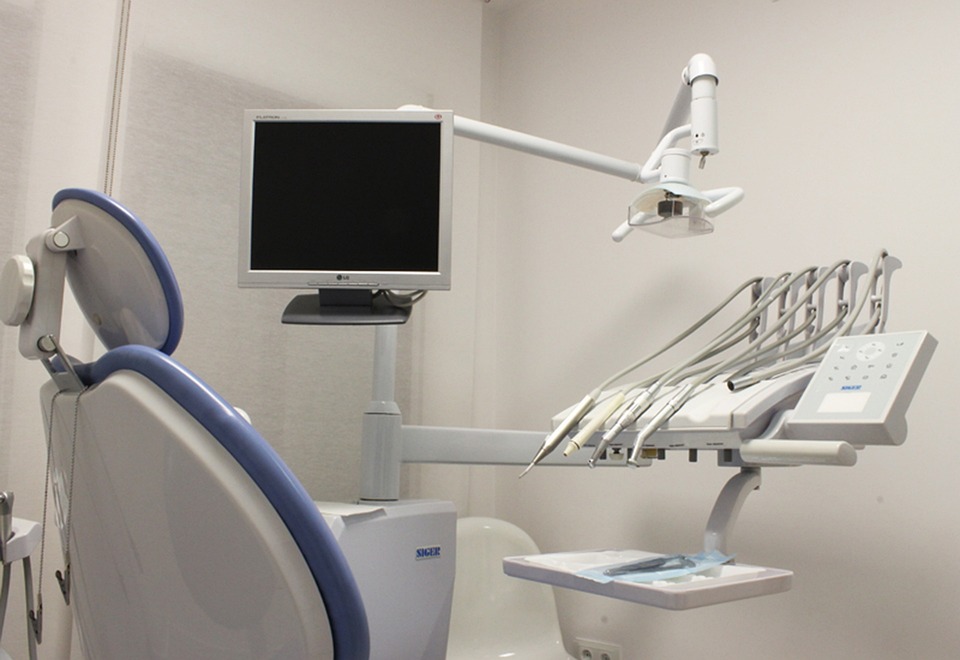The Benefits of Using Dental Floss for a Healthy Smile
In the quest for a healthy smile, regular dental flossing plays a crucial role in maintaining optimal oral hygiene. While brushing your teeth is important, it is equally essential to incorporate flossing into your daily routine to achieve comprehensive dental care. The benefits of using dental floss go beyond just removing food particles stuck between teeth – it helps prevent gum disease, cavities, and bad breath.
Benefits of Using Dental Floss
Dental floss is a thin, flexible tool that reaches areas between teeth where a toothbrush cannot access. By flossing daily, you can effectively remove plaque and bacteria buildup, reducing the risk of developing gum disease. Flossing also helps prevent cavities by eliminating debris that may lead to tooth decay. Additionally, regular flossing contributes to fresher breath by removing food particles that can cause bad odors.
Furthermore, using dental floss promotes healthier gums by stimulating blood flow and preventing inflammation. It also helps maintain the overall appearance of your smile by keeping your teeth and gums clean and free from harmful bacteria. Consistent flossing can lead to stronger teeth and gums, reducing the likelihood of experiencing dental issues in the future.
FAQs About Dental Floss
1. How often should I floss?
It is recommended to floss at least once a day, preferably before bedtime, to ensure thorough cleaning of your teeth and gums.
2. What type of floss should I use?
There are different types of dental floss available, including waxed, unwaxed, flavored, and tape floss. Choose the one that feels most comfortable for you and effectively removes debris from between your teeth.
3. Can I use a floss pick instead of traditional floss?
Floss picks are convenient alternatives to traditional floss and can be used if you find them easier to handle. However, make sure to use them correctly to ensure proper cleaning between teeth.
4. Is flossing painful?
Flossing should not be painful if done correctly. If you experience discomfort or bleeding while flossing, it may indicate gum inflammation or other dental issues. Consult your dentist for advice on proper flossing techniques.
5. Can children use dental floss?
Children should start flossing as soon as they have two teeth that touch. Parents can assist younger children with flossing until they develop the dexterity to do it themselves.
For more information on the benefits of using dental floss for a healthy smile, visit here.

